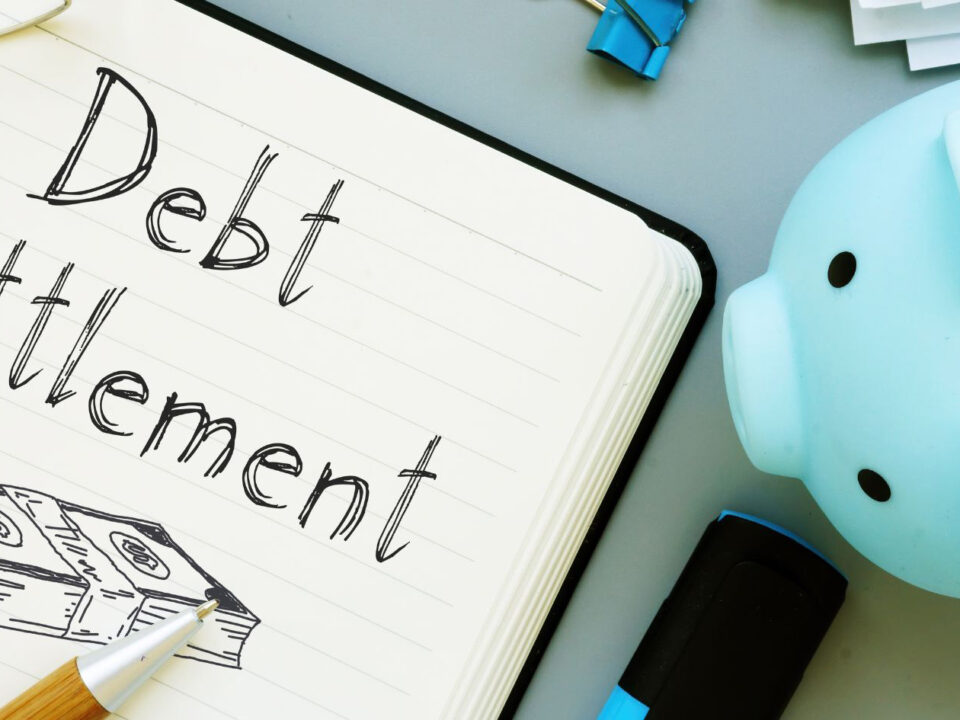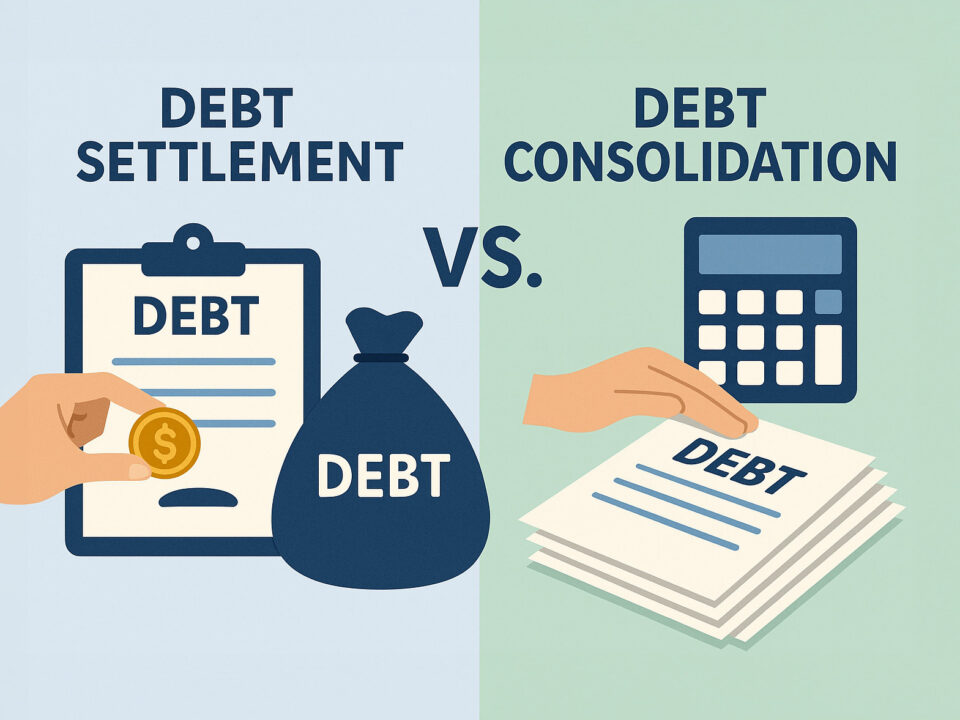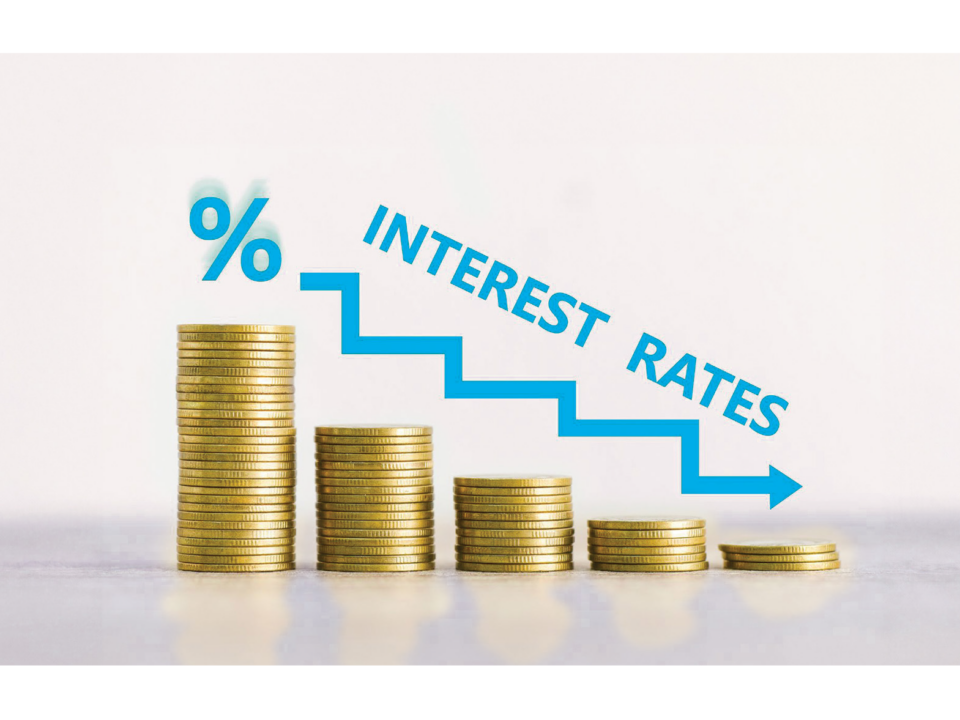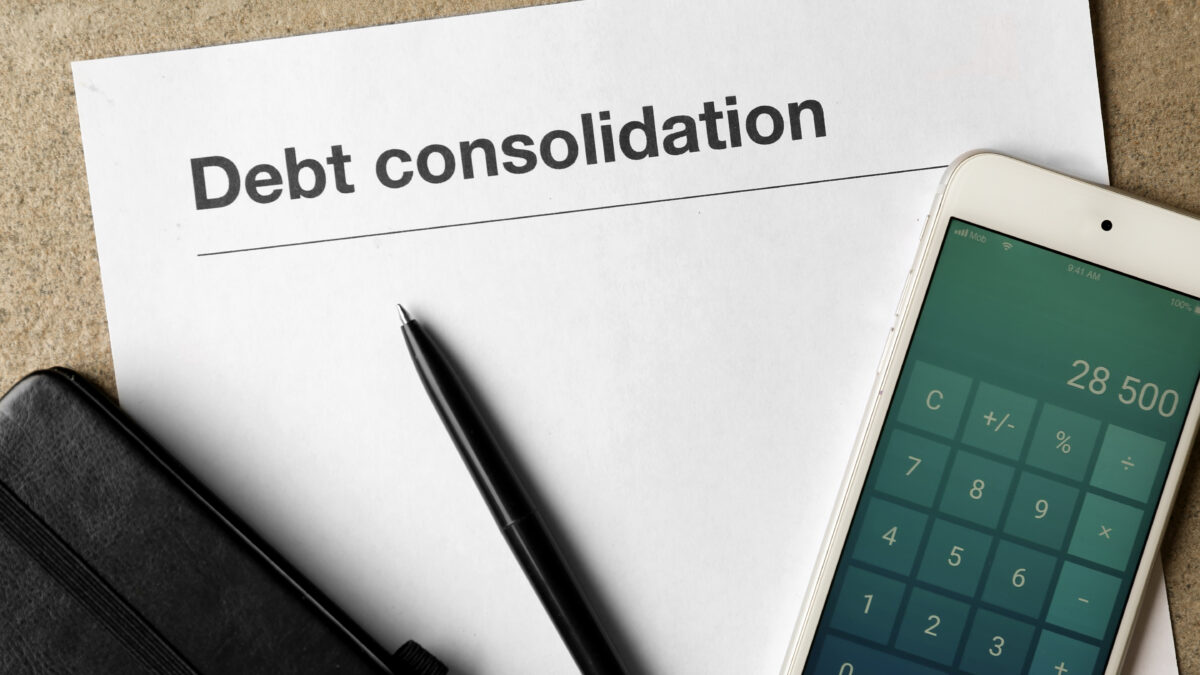
Staying on top of your credit card balances can be challenging, but it’s a must to maintain financial health. Unfortunately, this isn’t always the easiest thing to do, especially if you own multiple credit cards. In such cases, it’s much harder to manage your payments and deadlines, making debt consolidation a great option.
That said, you might be thinking of how to consolidate credit card without hurting your credit. As convenient as debt consolidation may be, it could harm your credit and financial situation if you take the wrong direction. But conversely, if you do it right, it can be a huge stepping stone towards a debt-free life. Read on to learn more about how debt consolidation works and how you can do it without hurting your credit.
Basics of Credit Utilization
Credit utilization is the ratio of the amount you owe on all your revolving accounts divided by the sum of all your credit limits. In other words, it’s the percentage of total credit you’re currently using. Knowing this is important since it affects your credit score. Based on the FICO scoring system, it makes up 30% of your score, so it’s best to keep the ratio low.
One way to get a full picture of your debt is by using a credit card minimum payment calculator. This tool helps you understand how long it’ll take you to pay off your debt if you only make minimum payments. As tempting as it is to pay the bare minimum, it can cause your debt to accumulate, increase your credit utilization, and ultimately lower your credit.
Need help? Try checking online calculators that are of interest to you.
Credit Card Minimum Payment Calculator
Factors that Influence Your Credit Score
Before jumping into debt consolidation methods, it’s essential to know what factors influence your credit score. As mentioned, your credit utilization ratio accounts for 30% of your score. But aside from this, here are other factors that affect your credit based on the FICO scoring model:
- Payment History. Payment history accounts for 35% of your score, so even one late payment can drop your score dramatically. Given this, it’s critical to follow a strict repayment plan and always pay your bills on time.
- Credit History Length. Credit history length pertains to how long you’ve held credit, which constitutes 15% of your score. It considers the age of your oldest and newest accounts and the average age of all your accounts. Generally, a longer history implies a higher score.
- Credit Mix. Your credit mix makes up 10% of your score and refers to your portfolio of credit accounts. Ideally, it’s good to have a diverse mix since it indicates how well you manage different types of credit. But of course, you should still use each account responsibly and keep up with payments.
- New Credit. Finally, new credit accounts for the last 10% of your score. It includes the number of new credit accounts you’ve opened and the hard inquiries performed in these applications. Too many inquiries may signal a higher risk, so this can hurt your credit.
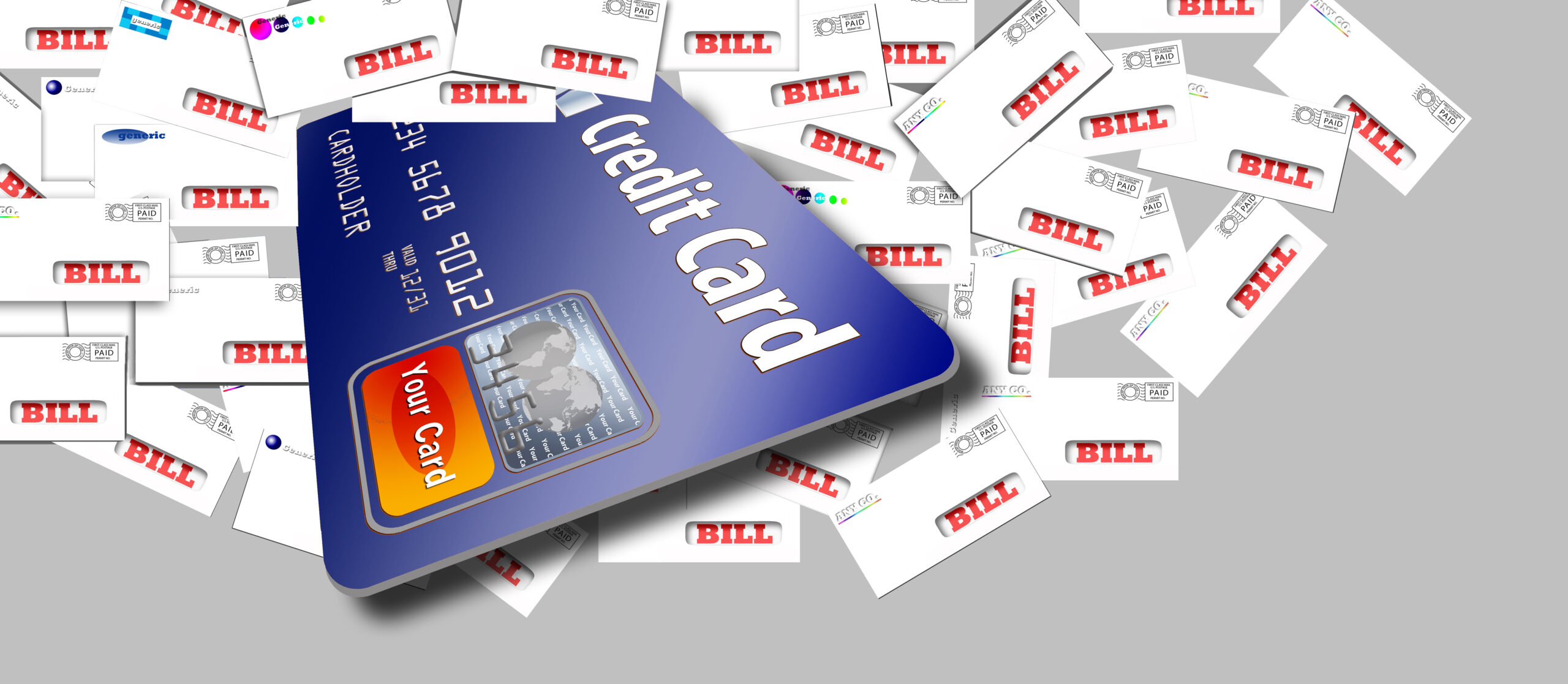
We’ve helped many people, just like you! What we offer;
How Does Debt Consolidation Work?
Debt consolidation involves merging all your debt into a single loan or payment plan that ideally has a lower interest rate. It’s a convenient option if you own multiple credit cards since it simplifies your monthly payment and helps you save money.
There are many ways to consolidate your debt. The most common method is to take out a personal loan, but some may opt for other loan options like a cash-out refinance or home equity loan.
How Debt Consolidation Impacts Your Credit
Debt consolidation may impact your credit score in different ways, depending on what method you use. Get to know more about some common effects below.
Hard inquiries
Any time you apply for debt consolidation loans, creditors will review your credit history, resulting in a hard inquiry on your credit report. Hard inquiries may cause a temporary dip in your credit score—in FICO’s case, it usually lowers your credit score by less than five points. However, if you apply to multiple banks at once, your credit will take a hit for each hard inquiry.
Changes in credit utilization
Depending on the situation, debt consolidation may increase or decrease your credit utilization ratio. If your credit utilization increases after consolidating your debt, this will naturally hurt your credit. Conversely, if you can pay off your credit with a personal loan, your credit score may increase due to a lower credit utilization and better credit mix.
Closing old accounts
When consolidating your debt, it may seem logical to close your old credit accounts. However, doing so can hurt your credit since it decreases the average age of all your accounts. Thus, it may be a better idea to leave your accounts open but with zero or minimal balances.
Ways to Consolidate Credit Card Debt Without Hurting Your Credit
There’s no right or wrong debt consolidation method since everyone has a different credit history and situation. But to help you out, here are ways to consolidate your debt without hurting your credit:
Use a Balance Transfer Credit Card
One of the best ways to consolidate credit card without hurting your credit is refinancing with a balance transfer credit card. This method involves moving your existing credit card balances to a new credit card with a lower interest. Some cards may even have a 0% APR in the introductory period, making them highly attractive for debt consolidation.
That said, balance transfer credit cards are only granted to applicants with good to excellent credit. If you qualify for them, these are key things to look for in your search:
- 0% APR for at least 12 months to give you time to pay off your debt
- Low balance transfer fees
- Adequate available credit based on your total debt
Compare Offers from Banks or Card Companies
Whether you decide to get a loan or balance transfer credit card, make sure you compare offers before applying for new credit. As much as possible, you want to limit your hard inquiries to minimize the impact on your credit. So by shopping around beforehand, you can stick to lenders with the best rates and offers.
Pay Your Consolidation Loans on Time
No matter what type of loan you get, you should pay it back on time. While the consolidation loan can help you improve your credit utilization ratio, it’ll be useless if you miss your payment deadline. Remember—payment history has the largest weight on your credit score, so you must repay your loan on time or your score might suffer a worse hit.
Get Debt-Free with Prudent Financial Solutions
By understanding your financial situation and choosing the appropriate methods, debt consolidation can ultimately be a great way to seek debt relief. Here at Prudent Financial Solutions, we help you take control of your debt and take charge of your finances.
The journey towards a debt-free life need not be difficult. With our experts to guide you, we’ll make sure you figure out how to consolidate credit card without hurting your credit. Call us today at (877) 612-3246 to schedule a consultation with our team.

